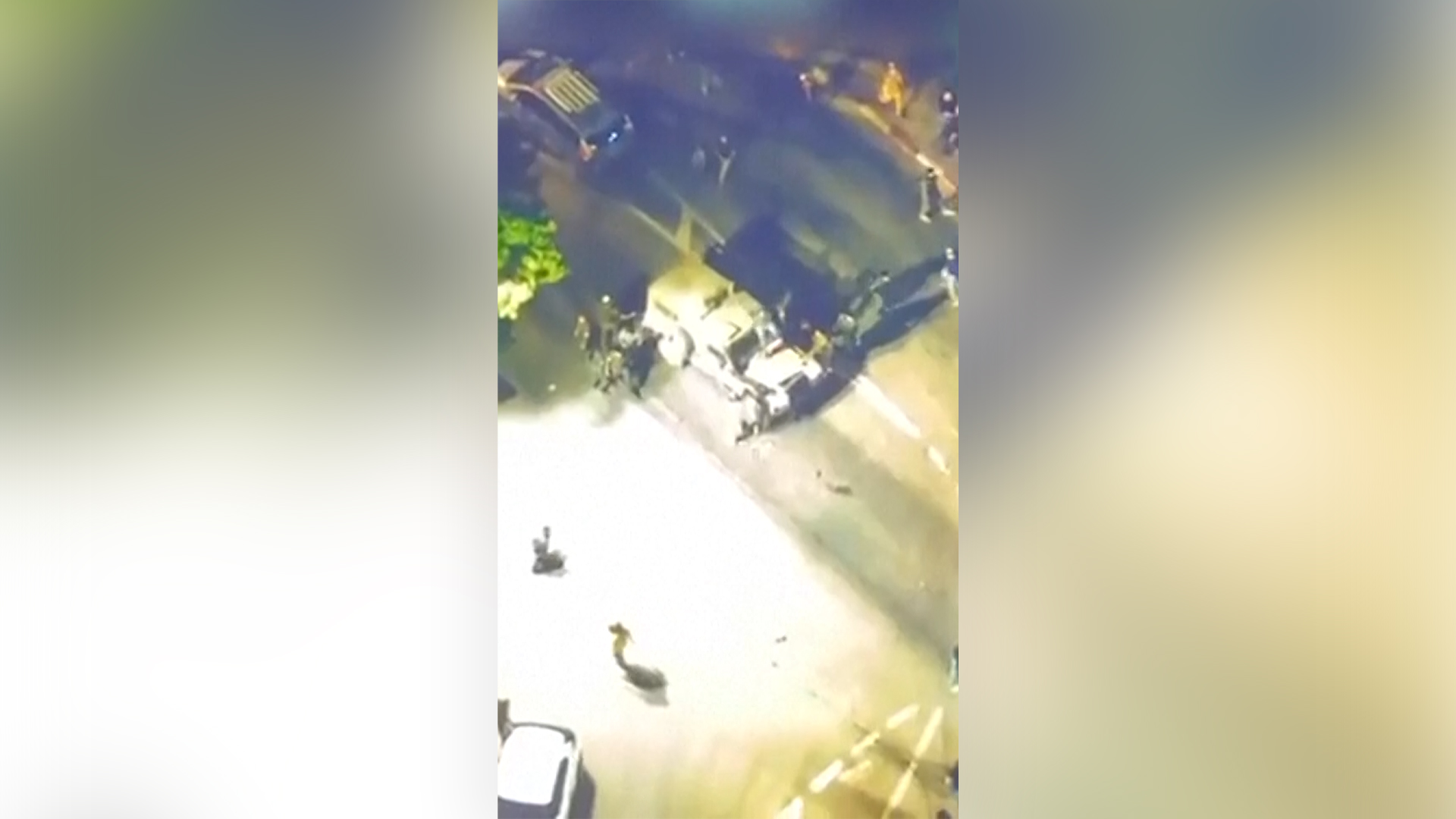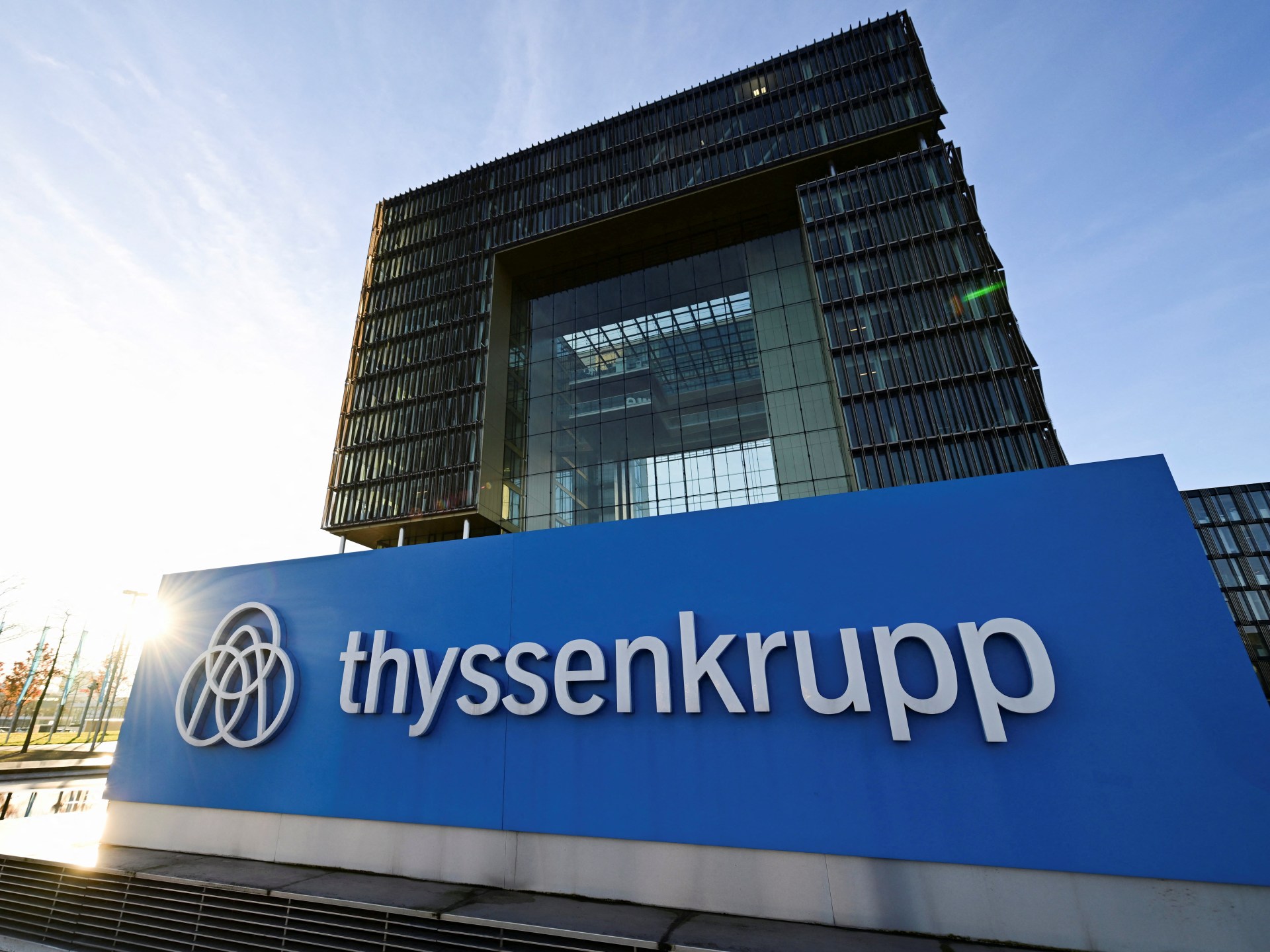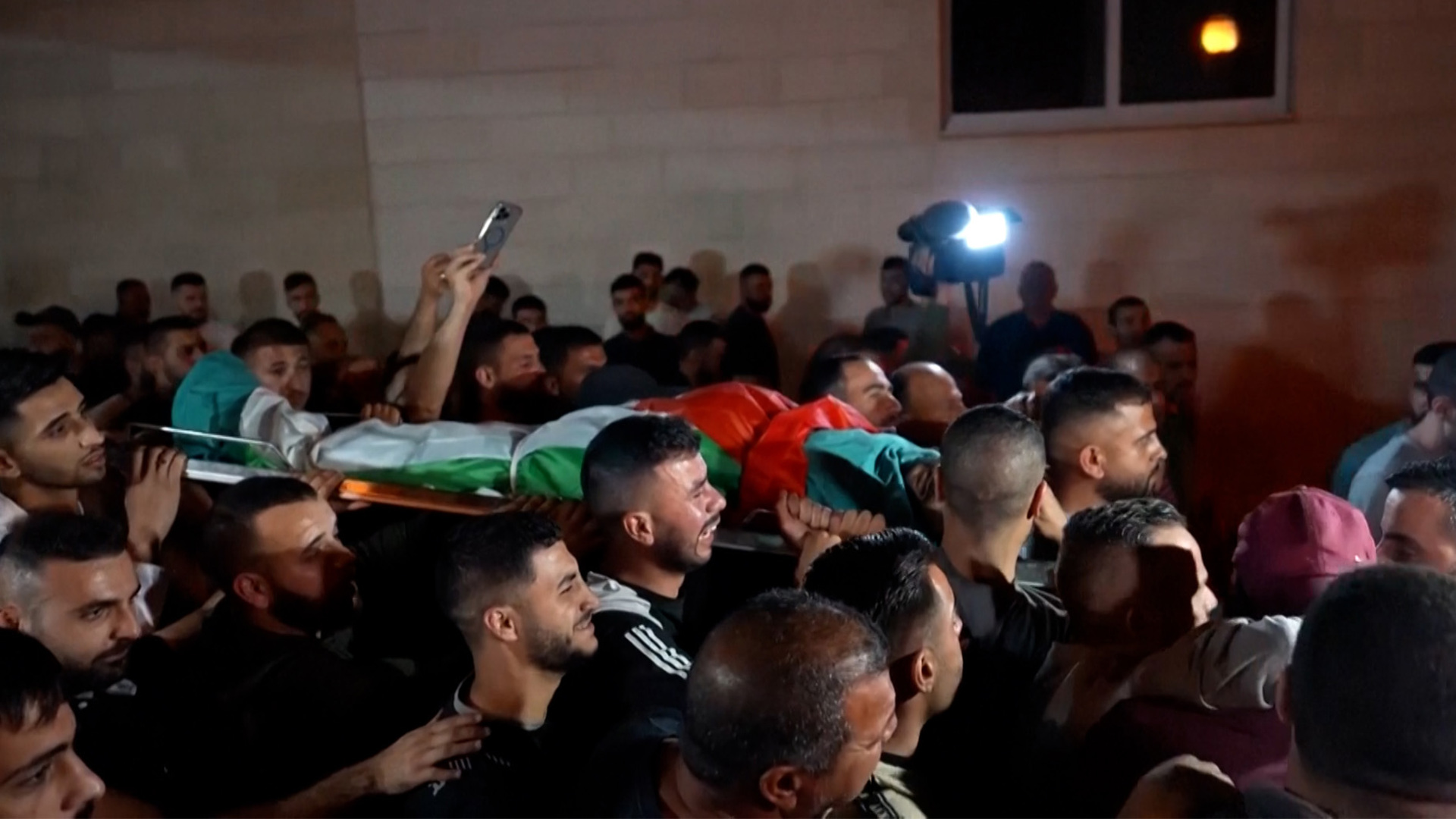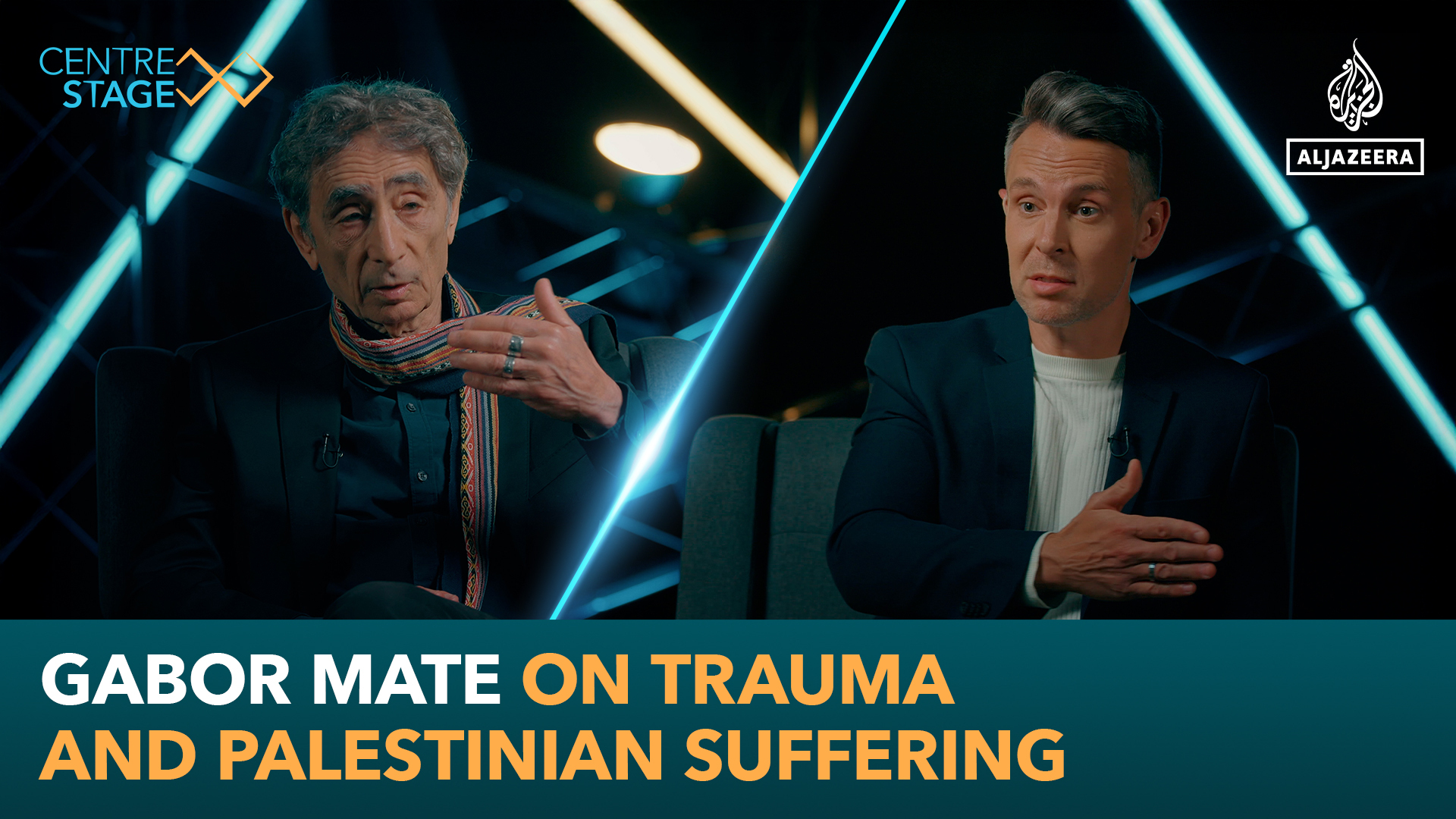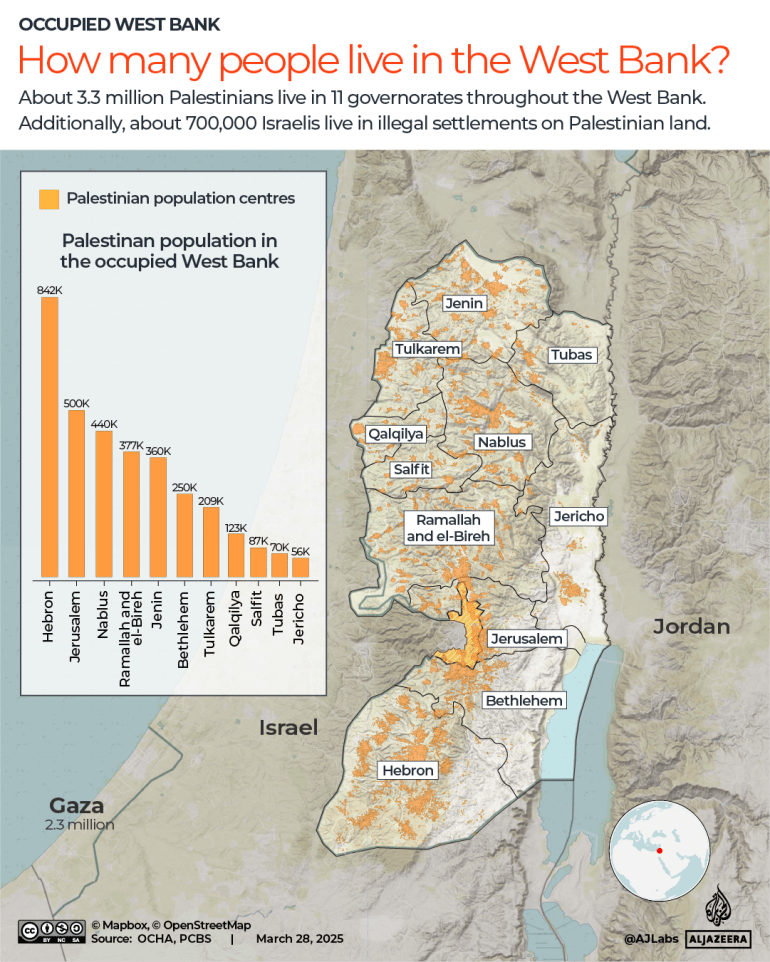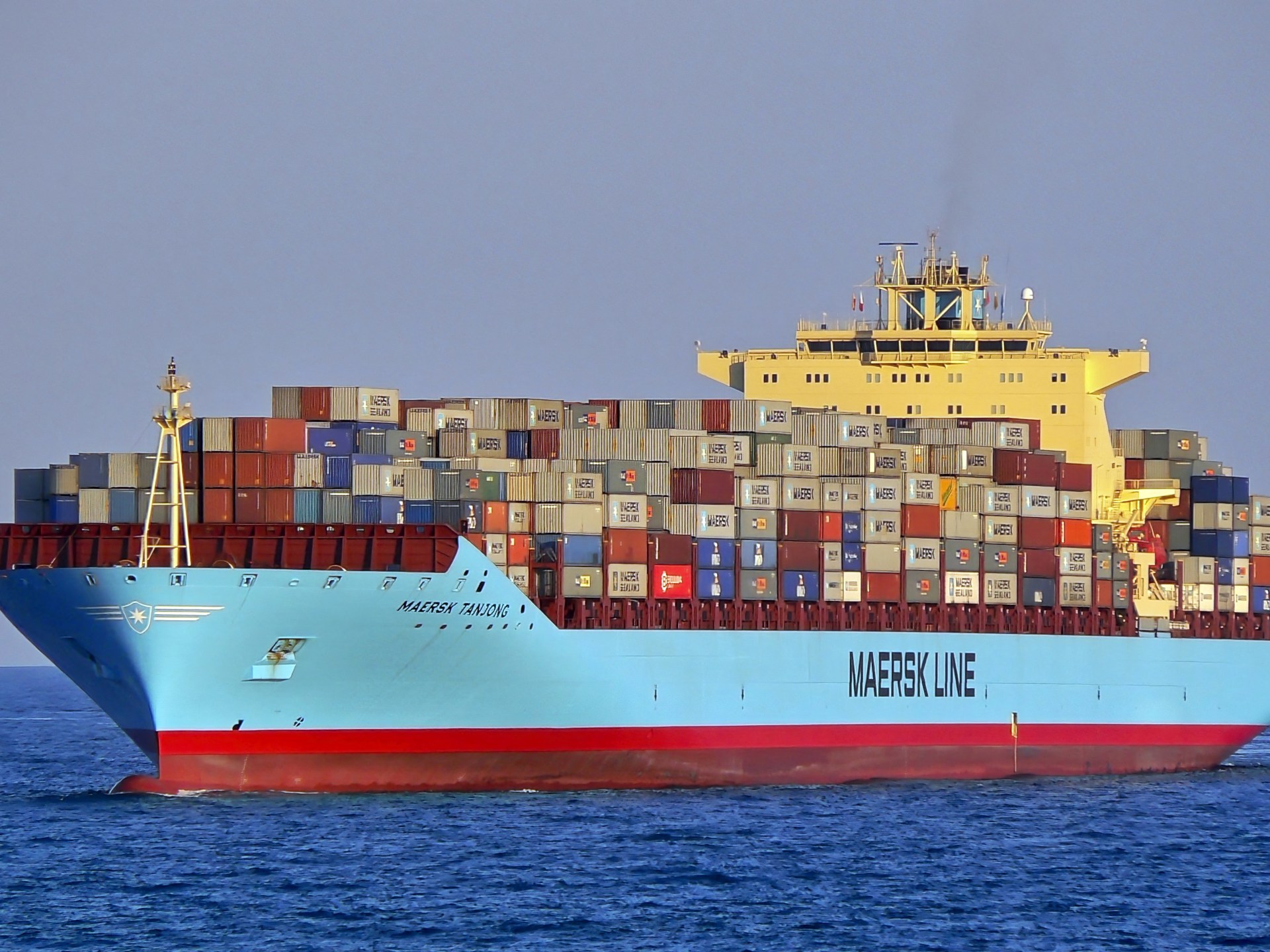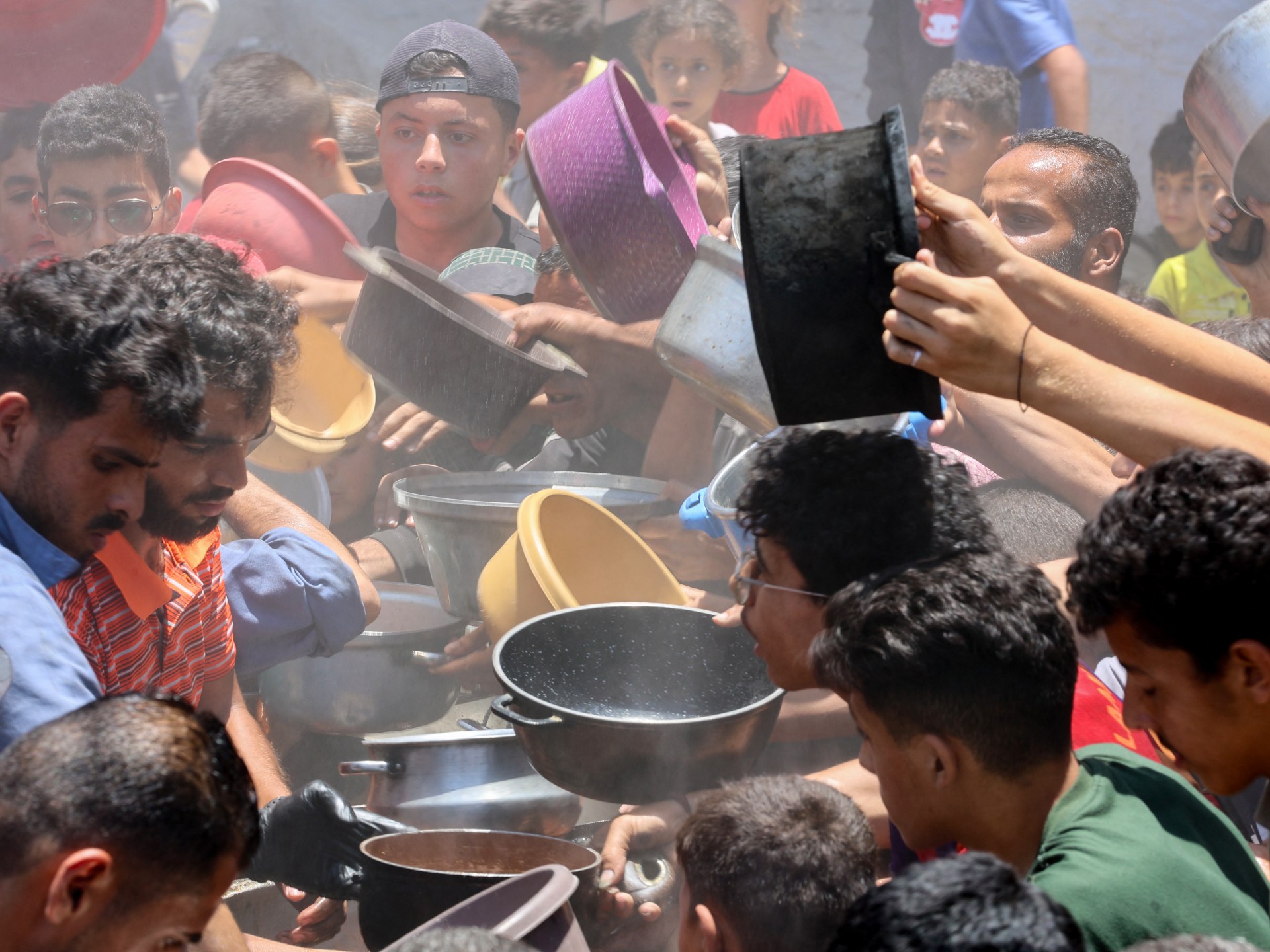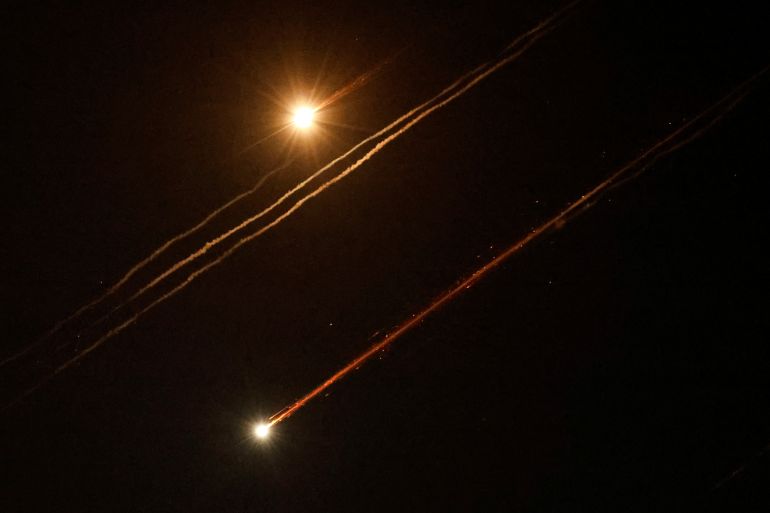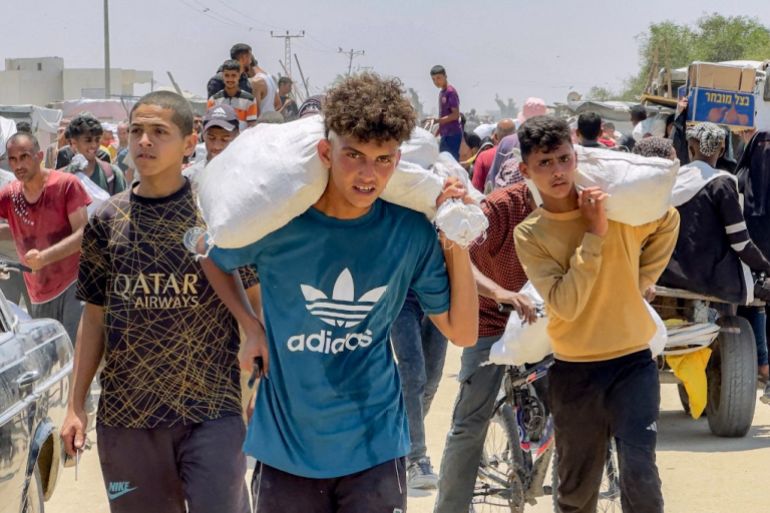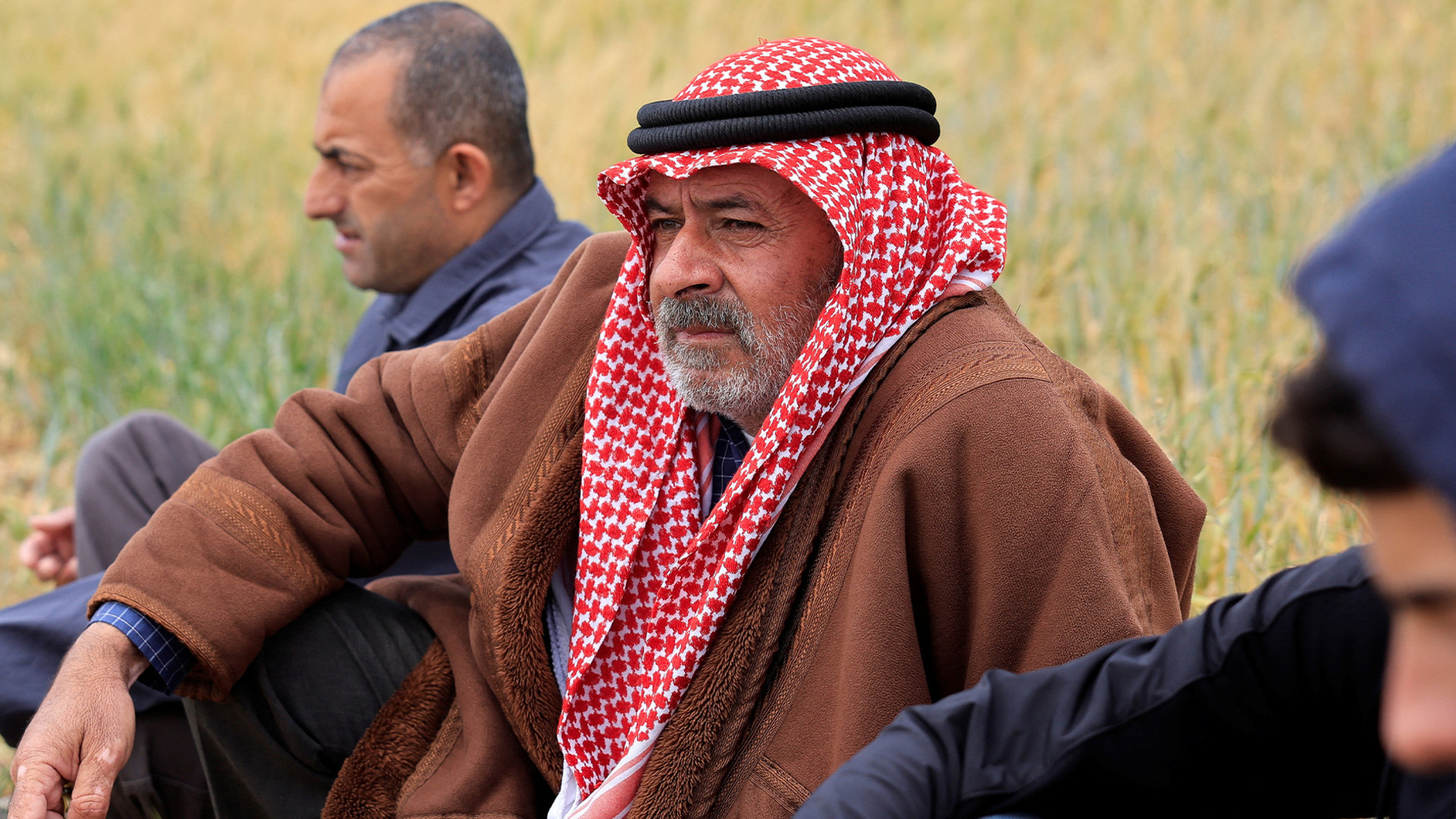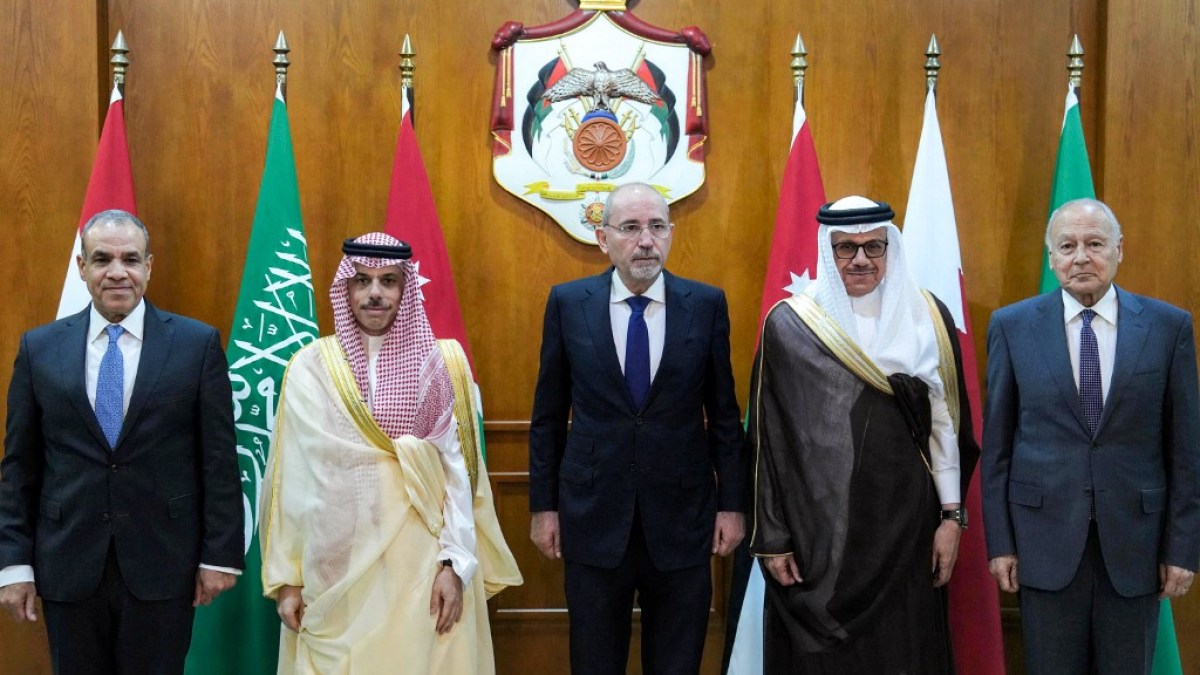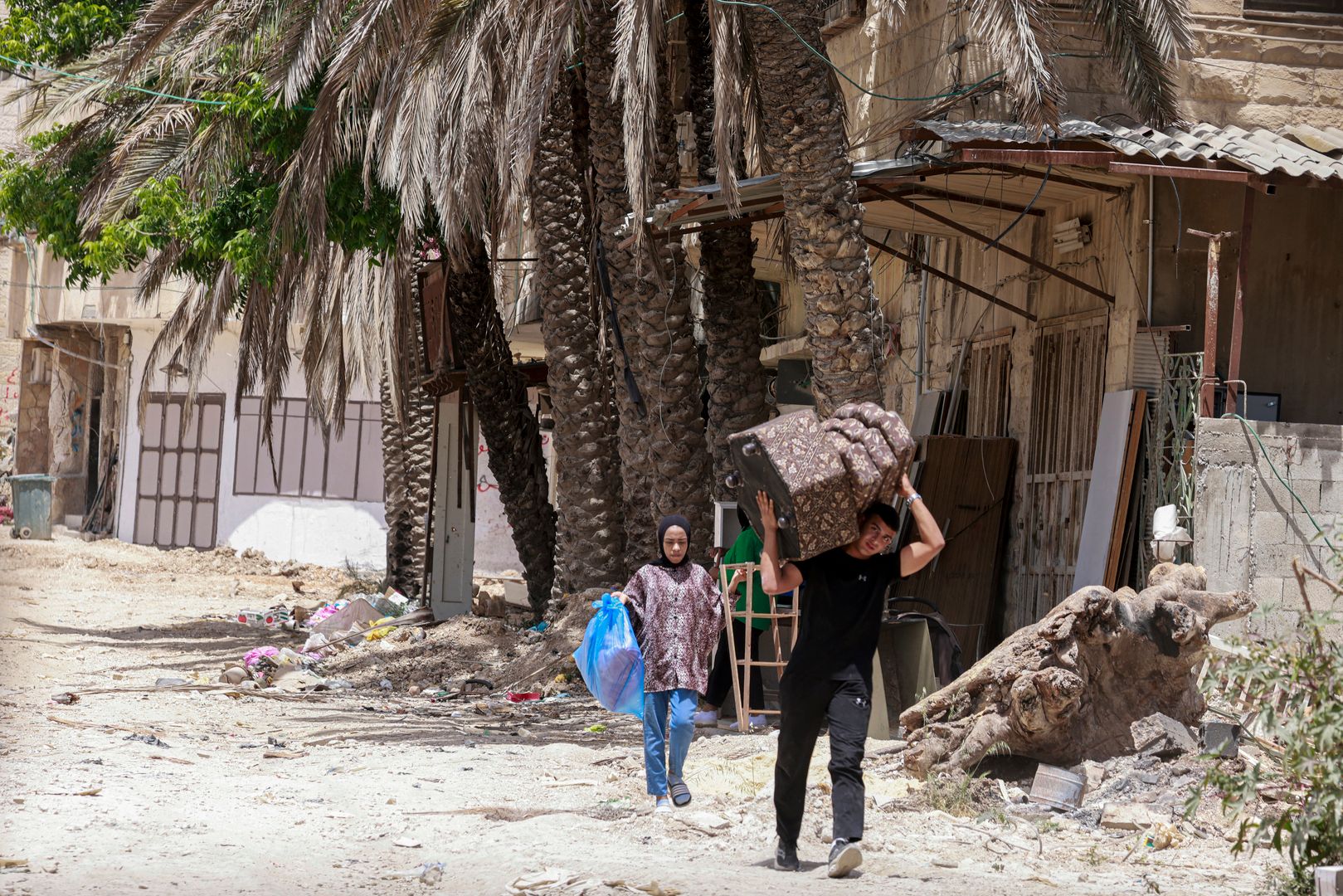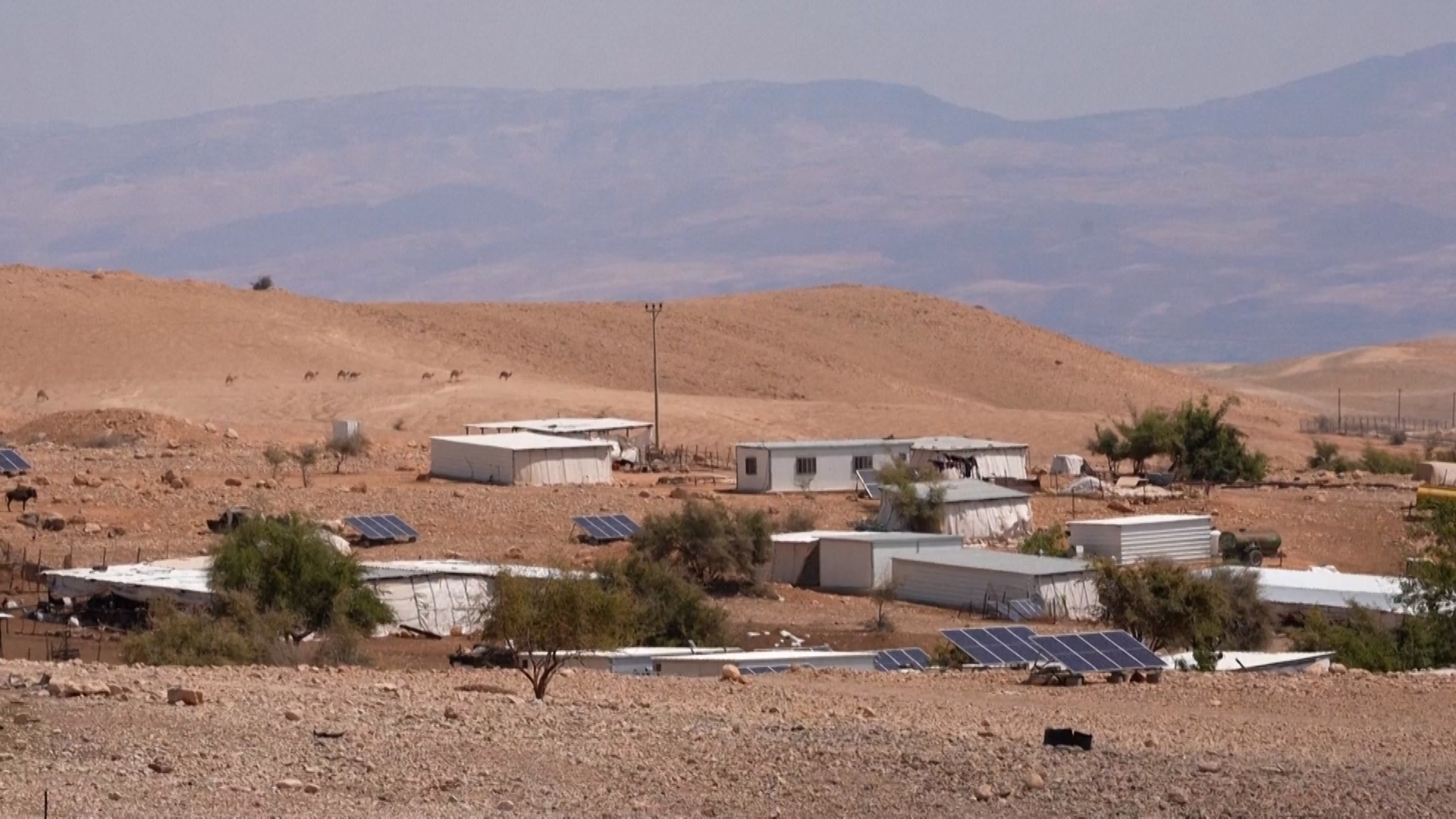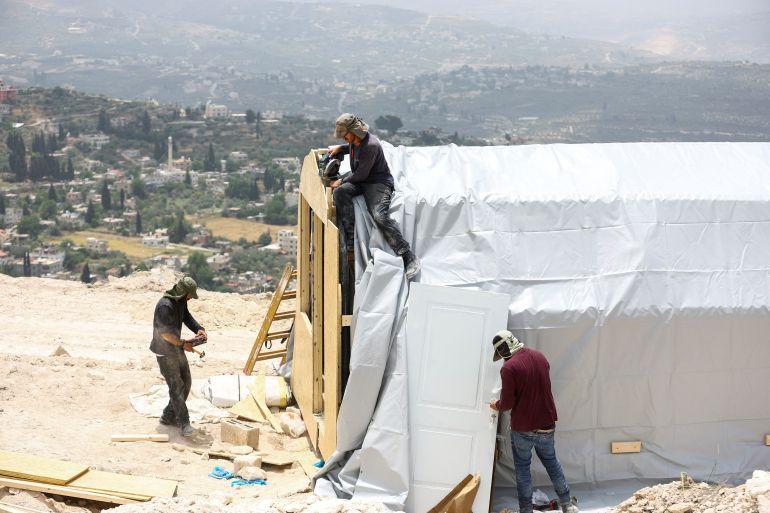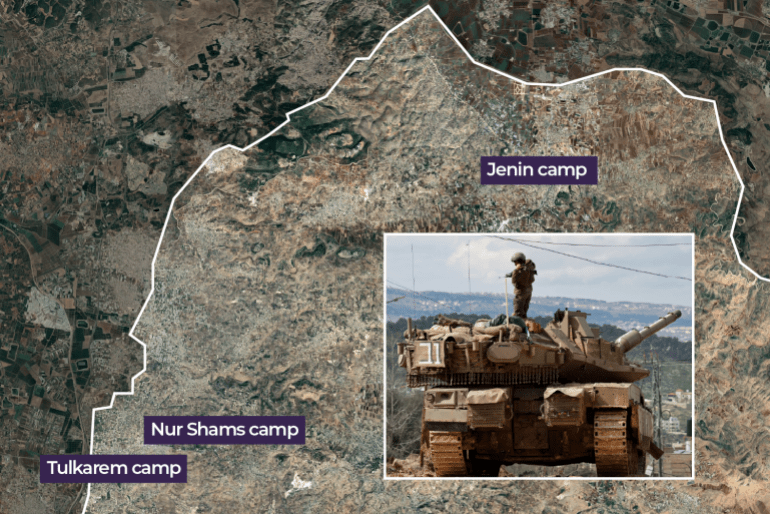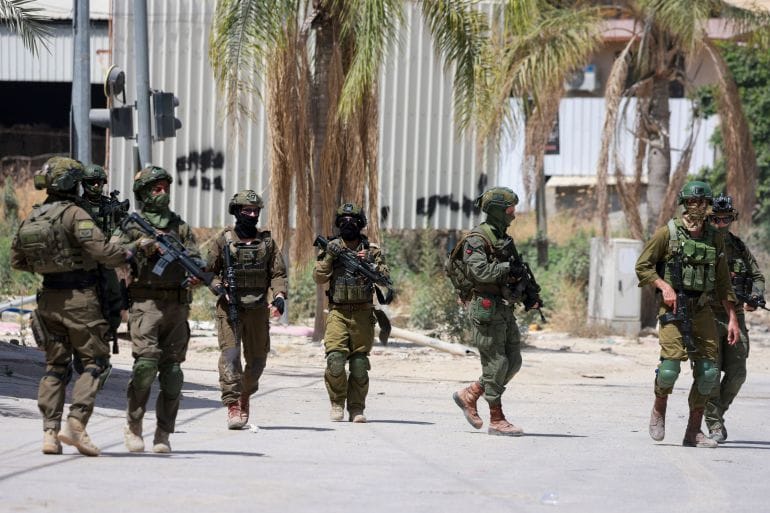The United Nations special rapporteur on the situation of human rights in the occupied Palestinian territory (oPt) has released a new report mapping the corporations aiding Israel in the displacement of Palestinians and its genocidal war on Gaza, in breach of international law.
Francesca Albanese’s latest report, which is scheduled to be presented at a news conference in Geneva on Thursday, names 48 corporate actors, including United States tech giants Microsoft, Alphabet Inc. – Google’s parent company – and Amazon. A database of more than 1000 corporate entities was also put together as part of the investigation.
“[Israel’s] forever-occupation has become the ideal testing ground for arms manufacturers and Big Tech – providing significant supply and demand, little oversight, and zero accountability – while investors and private and public institutions profit freely,” the report said.
“Companies are no longer merely implicated in occupation – they may be embedded in an economy of genocide,” it said, in a reference to Israel’s ongoing assault on the Gaza Strip. In an expert opinion last year, Albanese said there were “reasonable grounds” to believe Israel was committing genocide in the besieged Palestinian enclave.
The report stated that its findings illustrate “why Israel’s genocide continues”.
“Because it is lucrative for many,” it said.
What arms and tech companies were identified in the report?
Israel’s procurement of F-35 fighter jets is part of the world’s largest arms procurement programme, relying on at least 1,600 companies across eight nations. It is led by US-based Lockheed Martin, but F-35 components are constructed globally.
Italian manufacturer Leonardo S.p.A is listed as a main contributor in the military sector, while Japan’s FANUC Corporation provides robotic machinery for weapons production lines.
The tech sector, meanwhile, has enabled the collection, storage and governmental use of biometric data on Palestinians, “supporting Israel’s discriminatory permit regime”, the report said. Microsoft, Alphabet, and Amazon grant Israel “virtually government-wide access to their cloud and AI technologies”, enhancing its data processing and surveillance capacities.
The US tech company IBM has also been responsible for training military and intelligence personnel, as well as managing the central database of Israel’s Population, Immigration and Borders Authority (PIBA) that stores the biometric data of Palestinians, the report said.
It found US software platform Palantir Technologies expanded its support to the Israeli military since the start of the war on Gaza in October 2023. The report said there were “reasonable grounds” to believe the company provided automatic predictive policing technology used for automated decision-making in the battlefield, to process data and generate lists of targets including through artificial intelligence systems like “Lavender”, “Gospel” and “Where’s Daddy?”
![[AL Jazeera]](https://www.occasionaldigest.com/wp-content/uploads/2025/07/INTERACTIVE-UN-ISRAEL-COMPANIES-1-1751388779.png)
What other companies are identified in the report?
The report also lists several companies developing civilian technologies that serve as “dual-use tools” for Israel’s occupation of Palestinian territory.
These include Caterpillar, Leonardo-owned Rada Electronic Industries, South Korea’s HD Hyundai and Sweden’s Volvo Group, which provide heavy machinery for home demolitions and the development of illegal settlements in the West Bank.
Rental platforms Booking and Airbnb also aid illegal settlements by listing properties and hotel rooms in Israeli-occupied territory.
The report named the US’s Drummond Company and Switzerland’s Glencore as the primary suppliers of coal for electricity to Israel, originating primarily from Colombia.
In the agriculture sector, Chinese Bright Dairy & Food is a majority owner of Tnuva, Israel’s largest food conglomerate, which benefits from land seized from Palestinians in Israel’s illegal outposts. Netafim, a company providing drip irrigation technology that is 80-percent owned by Mexico’s Orbia Advance Corporation, provides infrastructure to exploit water resources in the occupied West Bank.
Treasury bonds have also played a critical role in funding the ongoing war on Gaza, according to the report, with some of the world’s largest banks, including France’s BNP Paribas and the UK’s Barclays, listed as having stepped in to allow Israel to contain the interest rate premium despite a credit downgrade.
Who are the main investors behind these companies?
The report identified US multinational investment companies BlackRock and Vanguard as the main investors behind several listed companies.
BlackRock, the world’s largest asset manager, is listed as the second largest institutional investor in Palantir (8.6 percent), Microsoft (7.8 percent), Amazon (6.6 percent), Alphabet (6.6 percent) and IBM (8.6 per cent), and the third largest in Lockheed Martin (7.2 percent) and Caterpillar (7.5 percent).
Vanguard, the world’s second-largest asset manager, is the largest institutional investor in Caterpillar (9.8 percent), Chevron (8.9 percent) and Palantir (9.1 percent), and the second largest in Lockheed Martin (9.2 percent) and Israeli weapons manufacturer Elbit Systems (2 percent).
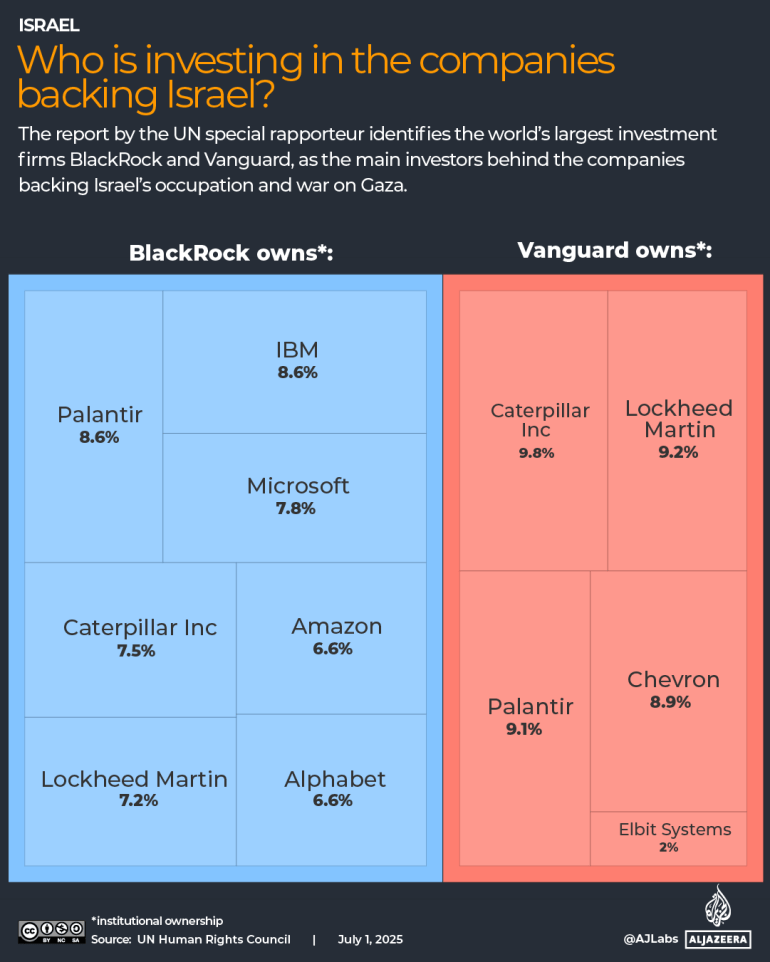
Are companies profiting from dealing with Israel?
The report states that “colonial endeavours and their associated genocides have historically been driven and enabled by the corporate sector.” Israel’s expansion on Palestinian land is one example of “colonial racial capitalism”, where corporate entities profit from an illegal occupation.
Since Israel launched its war on Gaza in October 2023, “entities that previously enabled and profited from Palestinian elimination and erasure within the economy of occupation, instead of disengaging are now involved in the economy of genocide,” the report said.
For foreign arms companies, the war has been a lucrative venture. Israel’s military spending from 2023 to 2024 surged 65 percent, amounting to $46.5bn – one of the highest per capita worldwide.
Several entities listed on the exchange market – particularly in the arms, tech and infrastructure sectors – have seen their profits rise since October 2023. The Tel Aviv Stock Exchange also rose an unprecedented 179 percent, adding $157.9bn in market value.
Global insurance companies, including Allianz and AXA, invested large sums in shares and bonds linked to Israel’s occupation, the report said, partly as capital reserves but primarily to generate returns.
Booking and Airbnb also continue to profit from rentals in Israeli-occupied land. Airbnb briefly delisted properties on illegal settlements in 2018 but later reverted to donating profits from such listings to humanitarian causes, a practice the report referred to as “humanitarian-washing”.
Are private companies liable under international law?
According to Albanese’s report, yes. Corporate entities are under an obligation to avoid violating human rights through direct action or in their business partnerships.
States have the primary responsibility to ensure that corporate entities respect human rights and must prevent, investigate and punish abuses by private actors. However, corporations must respect human rights even if the state where they operate does not.
A company must therefore assess whether activities or relationships throughout its supply chain risk causing human rights violations or contributing to them, according to the report.
The failure to act in line with international law may result in criminal liability. Individual executives can be held criminally liable, including before international courts.
The report called on companies to divest from all activities linked to Israel’s occupation of Palestinian territory, which is illegal under international law.
In July 2024, the International Court of Justice issued an advisory opinion ruling that Israel’s continued presence in the occupied West Bank and East Jerusalem should come to an end “as rapidly as possible”. In light of this advisory opinion, the UN General Assembly demanded that Israel bring to an end its unlawful presence in the occupied Palestinian territory by September 2025.
Albanese’s report said the ICJ’s ruling “effectively qualifies the occupation as an act of aggression … Consequently, any dealings that support or sustain the occupation and its associated apparatus may amount to complicity in an international crime under the Rome Statute.
“States must not provide aid or assistance or enter into economic or trade dealings, and must take steps to prevent trade or investment relations that would assist in maintaining the illegal situation created by Israel in the oPt.”

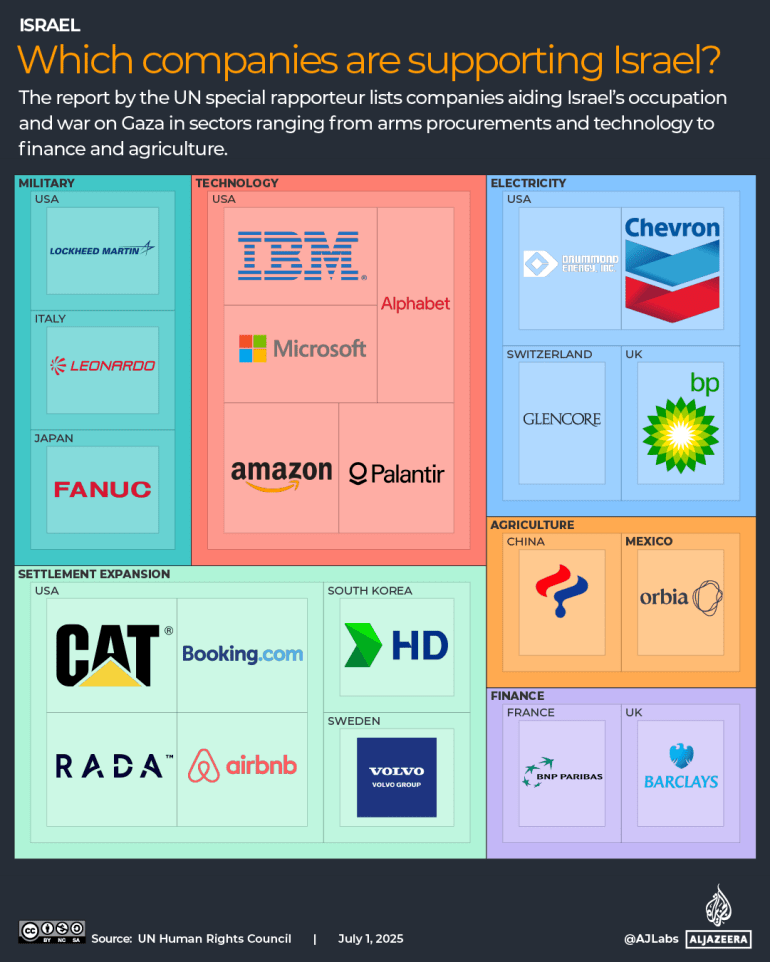
![[AL Jazeera]](https://www.occasionaldigest.com/wp-content/uploads/2025/07/INTERACTIVE-UN-ISRAEL-COMPANIES-1-1751388779.png)

